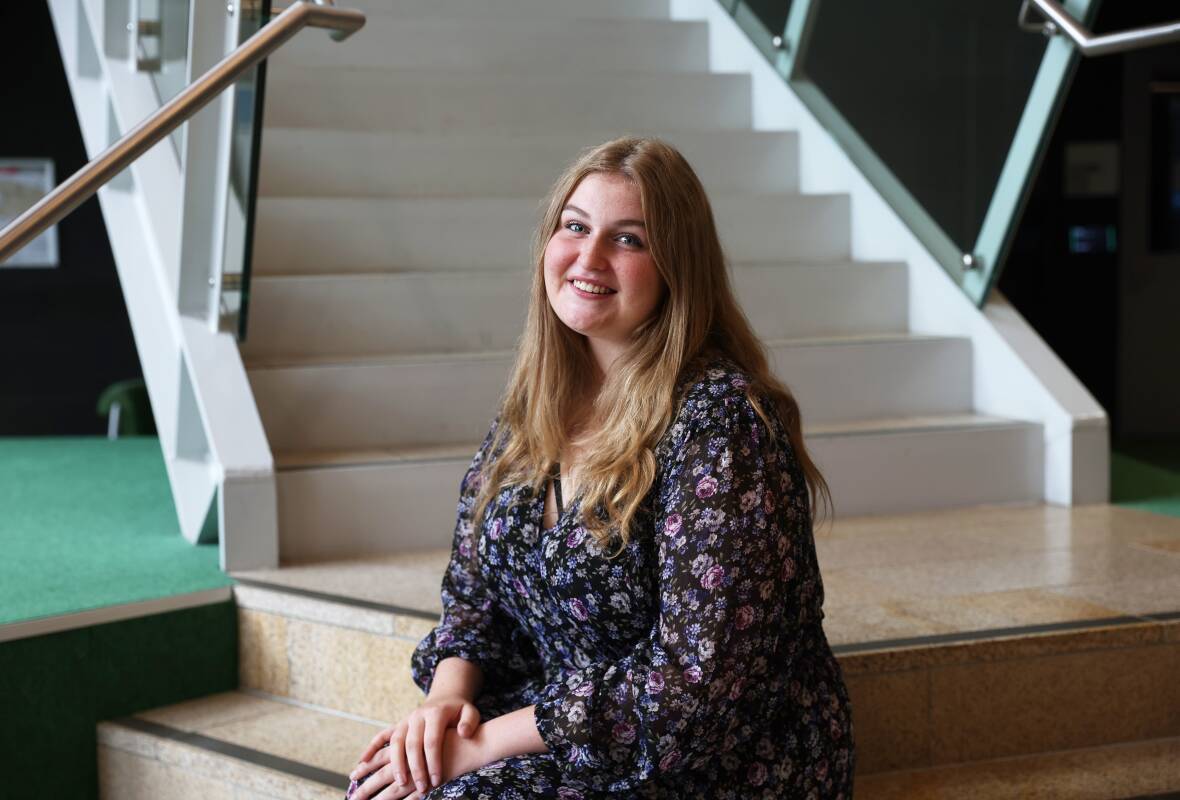
WHEN Emma Dubos took a 15-minute drive to the beach from her university campus accommodation for the first time, it was euphoric.
"I was just like oh my gosh I'm in Newcastle, studying my dream course and I'm at the beach - it was just beyond happiness," the 20-year-old said.
Leaving the chaos of Sydney, the third year University of Newcastle student made the move from Pennant Hills, to study a Bachelor of Coastal and Marine Science after receiving the Ma & Morley Scholarship.
"Newcastle feels like my city, my place," she said.
"Coming to Newcastle was a completely fresh start and the opportunities it has presented have been amazing."
She's not alone in making the move, with a new study finding many young people are flocking to the Hunter.
The data was scoped nationally from 3,000 people aged between 18 and 35 and explored trends in interests and participation, happiness, housing affordability and closing the gap for Indigenous education.
Almost 40 per cent of the young adults surveyed in the Hunter indicated they felt "mostly happy" compared to 30.7 per cent of people living in capital cities.
Historically young people would leave and make the move to the "big smoke" in Sydney, but now it's the complete opposite for those like Ms Dubos.
"Sydney people can get in a bit of a rut. It's just the same thing, the same people and busy. It feels like you're part of the ant colony just going around whereas Newcastle feels like I can do whatever I want at my own pace," she said.
"And if I feel like going at a million miles per hour I can do that, it can be whatever I want it to be."
Trends are shifting, according to lead researcher and Institute for Regional Futures director and UON professor Roberta Ryan who said there's been an influx of inbound migration to the Hunter.
"We've seen over time that it tends to be the case younger people move out of regional areas when they leave school and go to the metropolitan areas and might come back here to have their families and be close to friends," she said.
The recent data found people are coming from other parts of New South Wales, particularly to the Lower Hunter and fewer young people are leaving, Professor Ryan said.
"They're staying through that period where we've normally seen that kind of dip in the population, so we're retaining younger people," she said.
She said the appeal of Newcastle came down to its "great lifestyle, beaches and diversity of jobs".
"You don't attract working age people or keep young people unless you've got really good access to education and high quality jobs and we can see that's what happening in Newcastle and Lake Macquarie," she said.
Ms Dubos said Newcastle offers the best of three worlds - tree change, sea change and the city.
"A lot of people are shifting wanting to do both of a tree and sea change and Newcastle provides both but it also provides enough of a city atmosphere and there's heaps of job opportunities and a great nightlife," she said.
Professor Ryan said that while the results painted an encouraging picture for Hunter youth, young people across all areas of Australia, including in the Upper Hunter, are reporting lower levels of happiness and health than older groups.
"We also found that the Upper Hunter has far less industry diversity than other areas across the region. The transition away from traditional industries may lead to a lack of job opportunities for young people," she said.
A group of young people and decision makers across key sectors joined on Thursday morning, February 21, for a panel to discuss the study's findings.
NGM Group Chief Customer and Digital Innovation Officer James Cudmore said that the future for young people in the Hunter was looking bright.
"There are many reasons why the Hunter is an attractive place to live, but the key for policy makers and the region's leaders is to make it an attractive place to stay," he said.
"Particularly as the region transitions from traditional industries, education and employment pathways will be vital to ensure young people are equipped to embrace the opportunities the Hunter provides."







